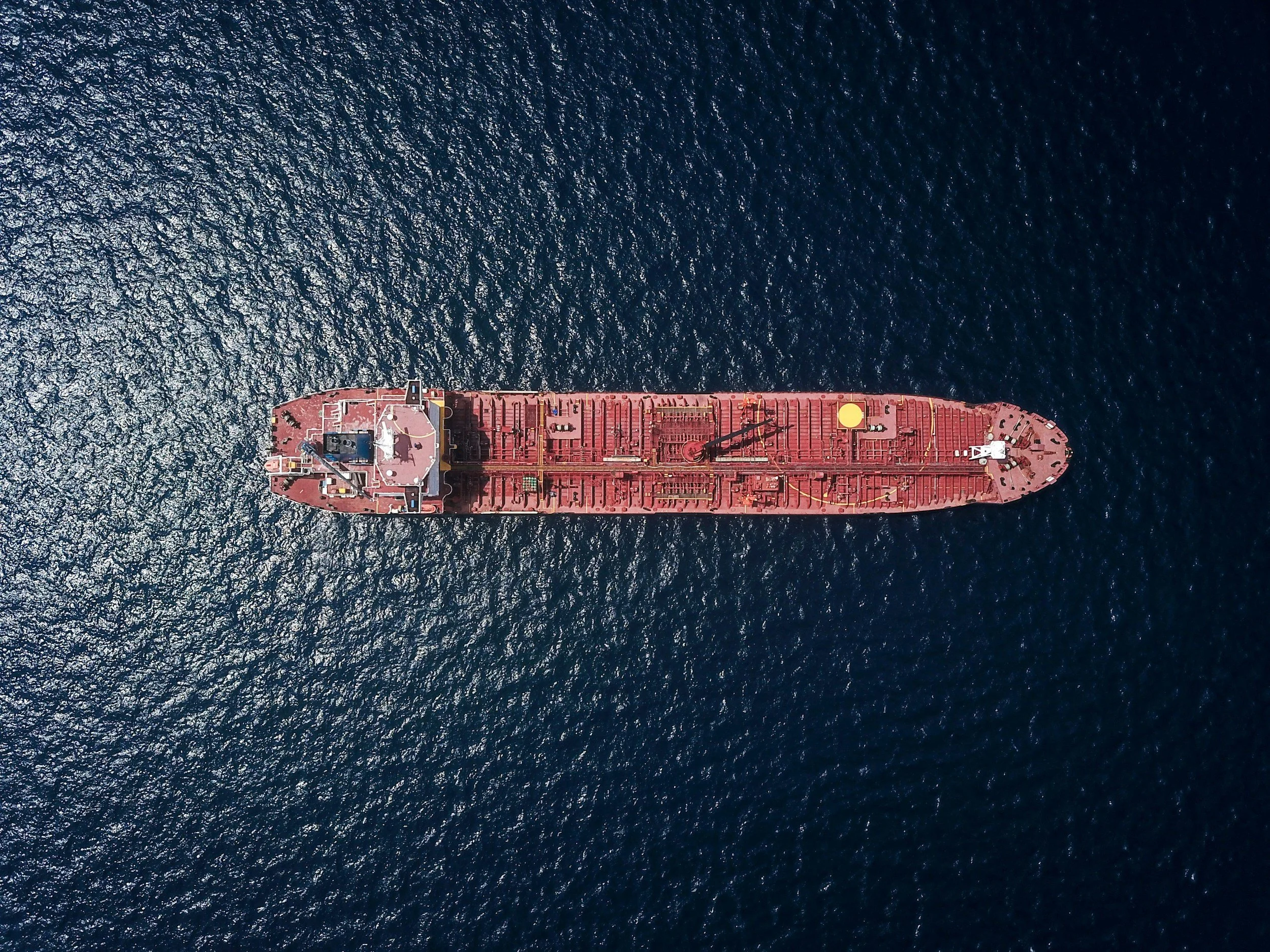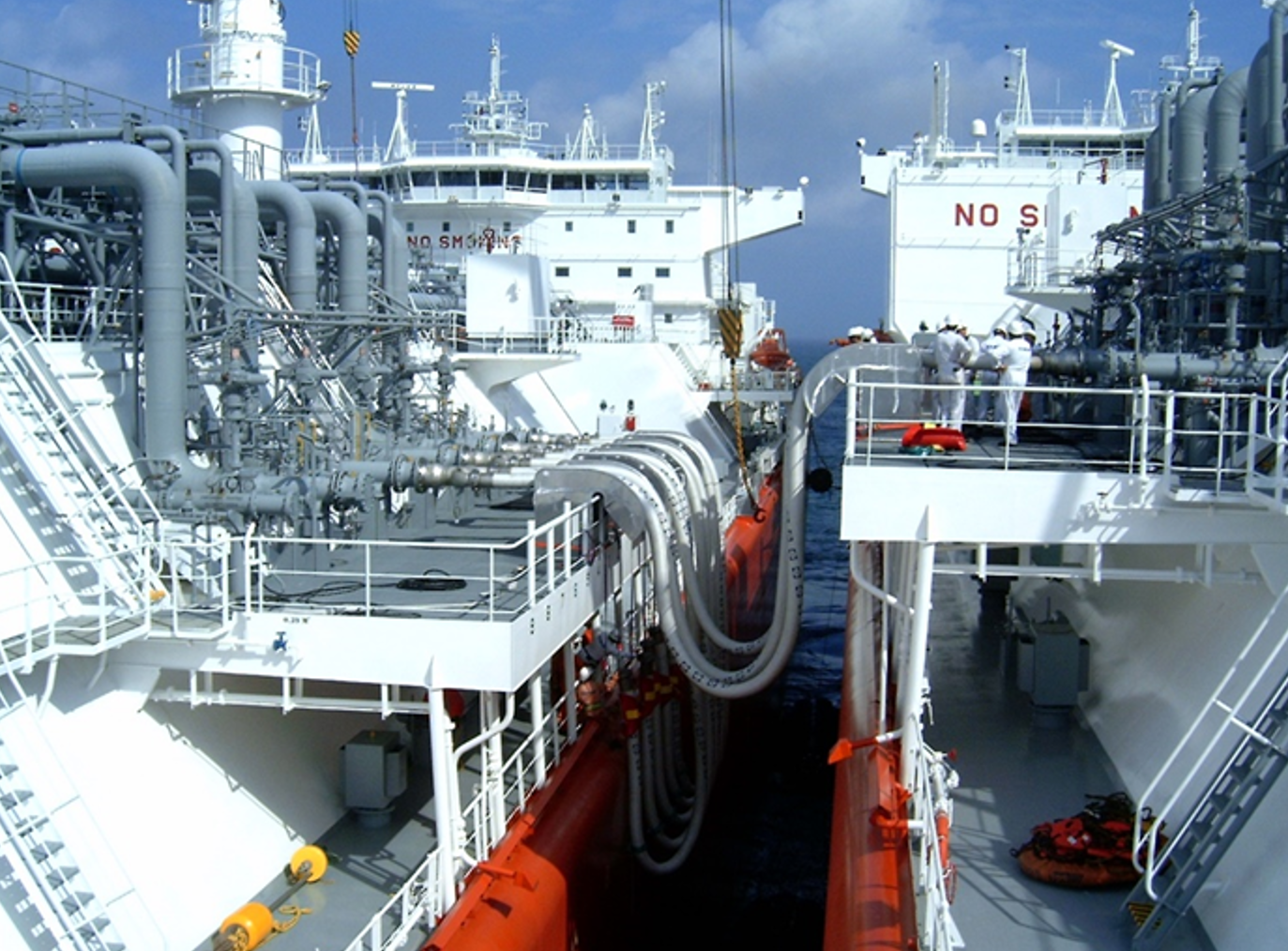

Navigational Risk & Safety Assessments
To determine the feasibility of a proposed new port or terminal, or an expansion of an existing port or terminal, the fundamental question that needs to be asked is:
“Can the proposed size of ships safely navigate into and out of the port or terminal?”
The available sea room, depth of water, existing infrastructure and marine resources will need to be assessed to determine that the proposed development can be operated safely and be commercially viable.
From a navigational risk perspective, the assessment of the suitability of selected jetties is based on tried and tested methodology used to achieve an outcome that would give a ‘go/no go’ conclusion. This report provides a balanced overview of strengths and identified or potential issues.
Data is collected and analysed against industry standards, best practices including (but not limited to) IMO, PIANC, ISGOTT, OCIMF, SIGTTO and any local applicable standards.
From the analysis, a bespoke methodology using qualitative and quantitative assessments will inform the feasibility of the proposed project.

Port, Jetty & Terminal Design - Real Time Simulator (RTS)
Specialising in liquid terminal operations consultations, including LNG Carriers and FPSOs/FSRUs.
Lead consultants for port developments including Hazard Assessments, Risk Management and Safety of Navigation. Mills Navigation has access to Full Mission Bridge Simulation (FMBS) / Real Time Simulator (RTS) facilities manned by experienced pilots, tug skippers and technical staff.
By working with a simulation of a port design with current and meteorological data overlaid, we can provide the optimum solution using a wide range of port and ship design that provides our clients with commercial feasibility, as well as risk information, to enable and ensure sound commercial planning.
Working closely with local Pilots and Hydrographers to ensure accuracy, the simulations are piloted by skilled mariners using available or proposed tug facilities. The result is a comprehensive feasibility and risk analysis developed to provide detailed, dynamic marine information for the facilities proposed.
FMBS training of pilots, masters and tug skippers can be undertaken either independently or in the presence of facility owners/managers.

Incident Investigation & Expert Witness Provision
Mills Navigation takes the lead from initial contact, evidence gathering and engaging stakeholders - all from a hull and machinery or P&I perspective. Reports, overviews and summaries are defined and tailored to the client's specific requirements.
Our focus is on the pilotage, safety of navigation and analysis of the bridge team processes. Any scenario, from collisions to groundings and cargo handling disputes can be investigated by our team.
Working with insurers on claims surveys, owners can continue their operations with minimum disruption. We provide ‘after the fact’ investigations and analysis to identify probable cause, nature and extent of damage to a vessel or cargo or other defined asset.

Liquid Bulk Fuel Transport, Storage & Transfer
From bulk transportation of fuels for domestic and commercial use, to fuelling marine vessels, Mills Navigation has lead high profile projects in this sector.
We focus on the navigational safety aspects and implementation of transferring and storing new products, and new fuels for the marine sector.
Ports, shipowners, and fuel suppliers investing in cleaner fuel alternatives are positioning themselves at the forefront of the maritime industry’s green transition.
LNG, Biofuels, Methanol, Ammonia and Hydrogen are the front runners in the green fuel market but each brings its own challenges with regards to fuel transfer or bunkering.
Mills Navigation has completed several other marine fuel projects, most notably the implementation of LNG bunkering at Hong Kong.

Bridge Team Training & Navigation Audits
We formally assess your Bridge Team’s competence against established industry standard criteria and best practices. This process is designed to analyse and report on the safety and professionalism of the team, and capability of working together in complex situations.
The Bridge Team Audit can be performed onboard company ships however we have access state-of-the-art Full Mission Bridge Simulators (FMBS) in several locations worldwide.
The FMBS allows the audit to scale up according to your crew size and scope of the brief. Using simulators accommodates crew downtime and minimises disruption to the commercial operation of your business. Simulators enable assessment scenarios based on unforeseen emergencies to be conducted without the risk of endangering the vessel or crew.
Our Bridge Team training program is designed to incorporate external factors into scenarios, such as passages requiring Pilotage by integrating the Pilot into the Bridge Team and use of tugs for example.

Vessel Traffic Service (VTS)
Mills Navigation employs practicing consultants who have a proven track record of establishing, operating, managing and updating VTS systems. Using this extensive knowledge of the entire technical and operational (including training of VTS operatives) aspects of a VTS system, we can recommend upgrades and efficiencies to enhance port safety and organisation.
A Vessel Traffic Service (VTS) is a marine traffic monitoring system established by harbour or port authorities.
The International Maritime Organisation (IMO) defines VTS as
‘A service implemented by a competent authority designed to improve the safety and efficiency of vessel traffic and protect the environment. The service shall have the capability to interact with the traffic and respond to traffic situations developing in the vessel traffic service’
Contact us to discuss how we can assess, design and implement enhancements to your systems.

International Ship & Port Facility Security Code (ISPS)
Mills Navigation’s consultants were part of the team who formed the original framework of the ISPS code. Instruct us to provide expert advice and guidance.
The ISPS Code is a comprehensive set of measures designed to strengthen the security of ships and port facilities. The code takes the approach that ensuring the security of ships and port facilities is a risk management activity and in order to determine what security measures are appropriate, an assessment of the risks must be made in each particular case.
The purpose of the code is to provide a standardised, consistent framework for evaluating risk. With these vulnerabilities identified, Governments are then empowered to counteract identified threat levels by implementing changes to ship and port facilities.

Ports & Marine Facilities Safety Code (PMSC)
Mills Navigation’s consultants were part of the team who formed the original framework of the PMSC. Instruct us to provide expert advice and guidance based on our key extensive experience.
The Ports & Marine Facilities Safety Code sets out a national standard for every aspect of port and marine facility safety. Its aim is to enhance safety for everyone who interacts with ports, harbours, marinas and other marine facilities.
The Code includes references to the statutory responsibilities that organisations have for marine safety. It is important for organisations to recognise this and strive to deliver cohesive and consistent policies and management across all these responsibilities.
It is therefore incumbent on all organisations to review and be aware of their existing powers, role and responsibilities based on relevant national and local legislation with regards to marine safety.

Third Party Independent Audits & Reviews
Mills Navigation’s consultants can provide an independent audit and review process for all stakeholders operating in the marine industry. The framework follows strict adherence to industry standards, including:
Documents pertaining to Safety of Navigation - MSMS, Audits.
Terminal Operating Procedures TOPS – particularly Oil & Gas.
Incident Reports - review of probable cause, nature and extent of damage including a technical review of the circumstances using metocean conditions, statements, timelines, human factors.
Review of OCIMF Marine Terminal Management and Self-Assessment (MTMSA) documents, or production of complete MTMSA including port visits.
Statutory, Compliance and Working Practice requirements.
